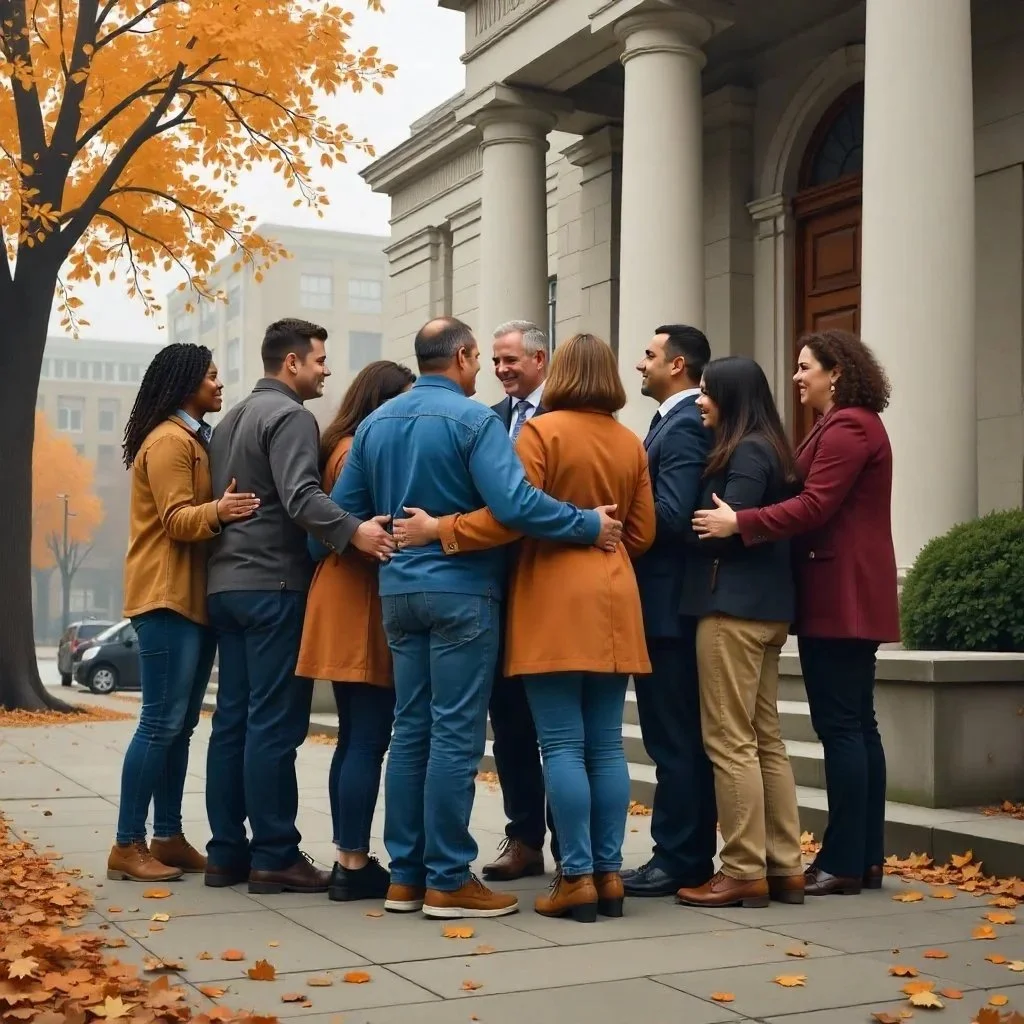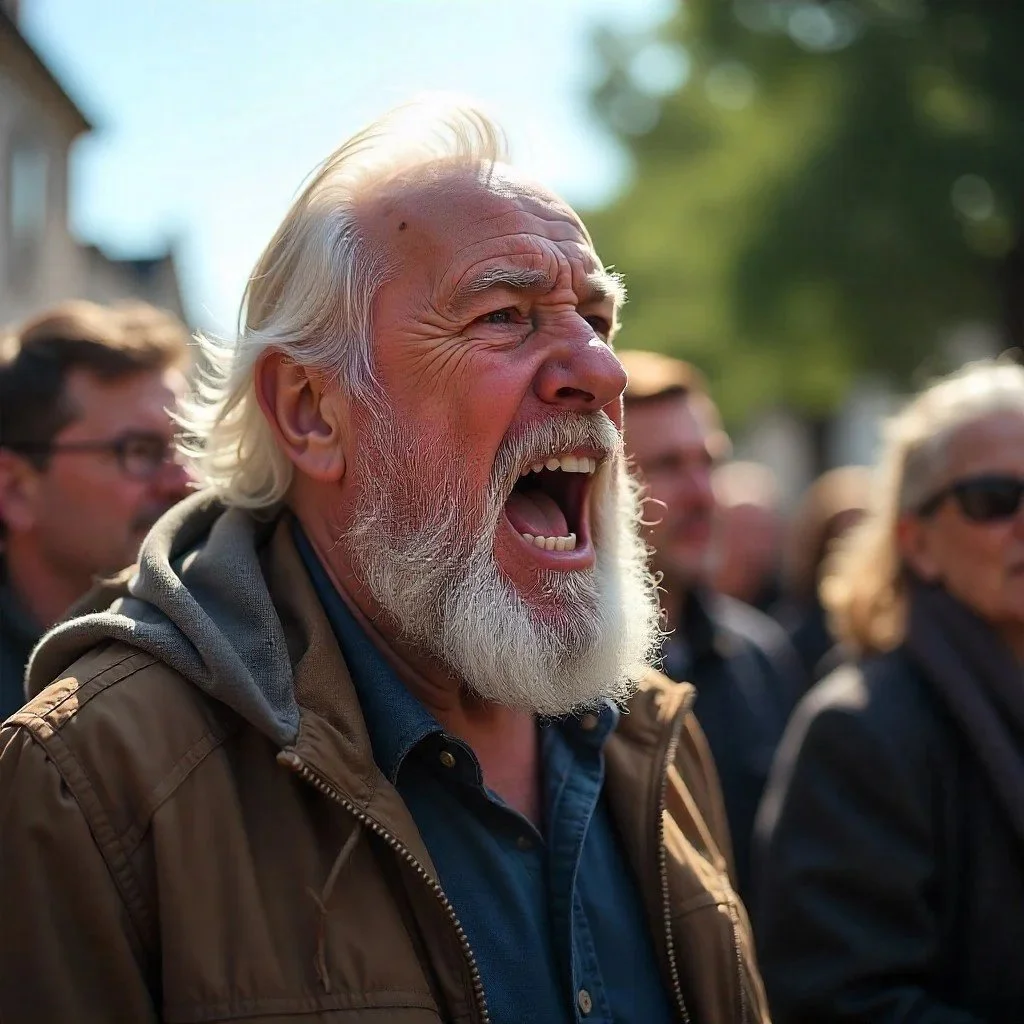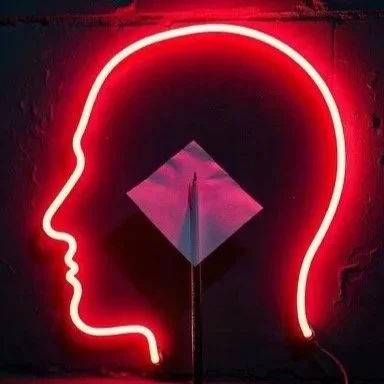Cultivation of Oneself
Written by Rev. Dr. Scott Paczkowski
“Let the wise hear and increase in learning, and the one who understands obtain guidance.”
Zena Hitz’s book, Lost in Thought, challenges the reader to reclaim intellectual curiosity. Hitz challenges the reader to seek wisdom in learning through intentional thought. Hitz describes learning to think well through a growth metaphor in nature. Our emotional and intellectual cultivation “involves uprooting and drying up parts of ourselves as much as it requires sunlight, soil, and seed.” Our most significant learning can, and perhaps should, take place away from academic institutions. So often, higher education institutions subtly and unintentionally hurt our ability to love learning. At their best, institutions should teach not only what to learn but also how to learn and the joy of life-long learning.
When test scores become competitive, the love of learning diminishes for all but the best students. Specific fields of study are considered valuable, while others are considered of little worth. It used to fields like art and drama were deemed frivolous (both were areas of my study in college). Today, anything not included in the STEM program is considered unnecessary unless one can prove a direct line to material success.
In his book, Sightings, Brett Colasacco includes an article by the famed theologian Martin Marty on the long-term effects of education cuts in the Humanities. In the article, Marty quotes Dr. Martha Nussbaum, “Responsible citizenship…requires the ability…to appreciate the complexities of the major world religions.” Sadly, Marty continues, we maintain a democracy and celebrate values like free speech, self-governance, and respect for others, but we fail to live what we proclaim. “We give lip service, but we think too little about what we need to do in order to transmit them to the next generation and ensure their survival.”
When our society diminishes the Humanities and focuses on learning only for the benefit of material success, we place our values in jeopardy, passing down the beliefs of freedom we’ve affirmed for more than two centuries. If society doesn’t value learning for its own sake, we will continue to inherit future generations who cannot ask the complex questions of faith and justice. Further, we will be unable to formulate necessary answers from the challenges of the ignorant, who find it easier to separate and hate rather than learn to accept and appreciate. But, on the other hand, it honors God when we strive to know for the sake of divine wisdom and truth, cultivating complex relationships with others and God.










